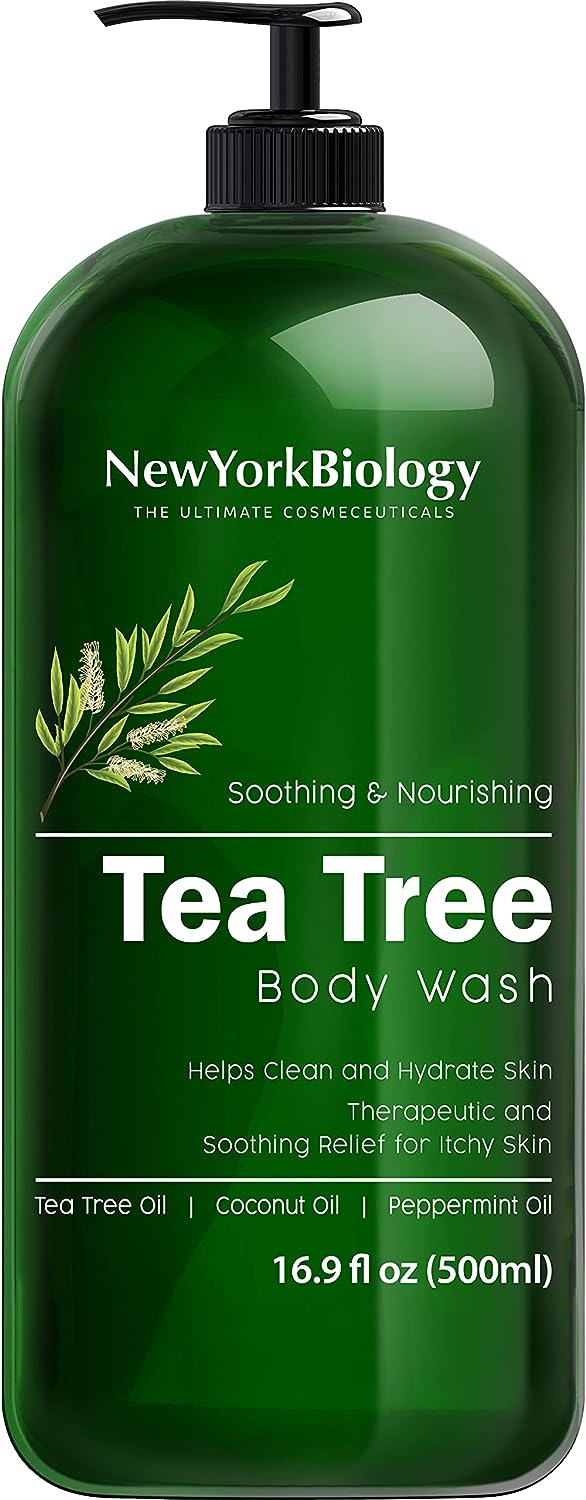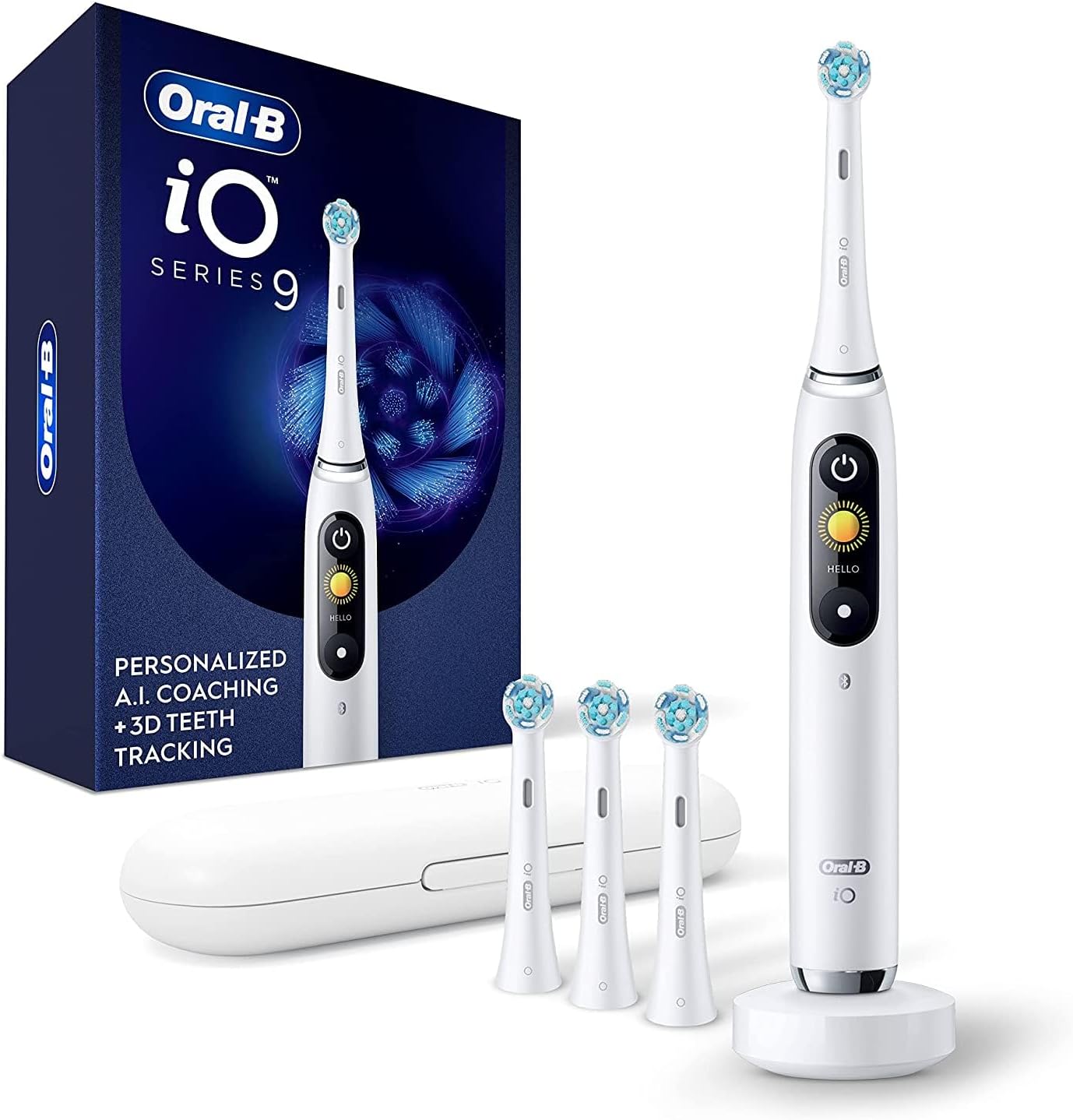Have you ever wondered about some ways to smell good all day long?
Maintaining a pleasant and refreshing scent throughout the day isn’t just a matter of personal comfort. It’s a testament to your commitment to self-care and consideration for those you interact with. This comprehensive guide delves into smelling good from dawn to dusk. We will navigate the intricacies of personal hygiene, skincare routines, clothing choices, nutritional adjustments, the art of fragrance application, and the cultivation of mindful habits.
Each of these facets contributes to the symphony of scents surrounding you, creating an impression that lingers long after you’ve departed a room. By refining your approach to these aspects, you can elevate your daily experience, enhance your self-confidence, and ensure that you leave behind a trail of pleasant memories wrapped in freshness. So, let’s embark on this olfactory journey, exploring the multifaceted realm of personal scent management to help you smell good, not just for yourself but for those whose lives you touch each day.
1. Regular Shower

A daily shower not only cleanses your body but also has psychological benefits. The warm water against your skin can be soothing and refreshing, preparing you for the day ahead. Choose a body wash or soap that suits your skin type. Some options include moisturising shower gels, antibacterial soaps, or natural and fragrance-free varieties for sensitive skin.
While showering, don’t rush the process. Take a few extra minutes to enjoy the experience. Use this time to clear your mind and set a positive tone for the day. Gently massage your scalp while shampooing your hair and thoroughly rinse to remove all shampoo and conditioner traces, which can leave a lingering odour if not properly washed out.
Related Post: 5 Reasons You Should Use A Shower Filter

2. Use Antiperspirant or Deodorant
Selecting the right antiperspirant or deodorant is crucial for all-day freshness. Different products cater to various needs:
• Antiperspirants: These are designed to temporarily reduce sweat production by blocking sweat glands. If you sweat excessively, especially in stressful situations, choose a clinical-strength antiperspirant for maximum protection.
• Deodorants: Deodorants mask and neutralise odour without affecting sweat production. They come in various scents, so experiment to find one that complements your body’s natural scent. Unscented options are also available if you prefer not to clash with other fragrances you might be wearing.
Consider using a natural deodorant for sensitive skin that avoids harsh chemicals like parabens and aluminium compounds. These may be gentler on your skin while still providing odour control.
3. Stay Hydrated
Hydration is not only essential for general health but also for controlling body odour. Drinking water helps regulate body temperature and aids in the elimination of toxins through sweat and urine. Proper hydration ensures that your sweat is diluted, reducing its pungency.
Carry a reusable water bottle throughout the day to make hydration a habit. Set reminders or create a schedule to ensure you’re consistently drinking water, especially if you have a busy lifestyle.
4. Choose Breathable Fabrics

Clothing plays a significant role in odour control. Opt for natural fibres like cotton, linen, and silk, as they allow air to circulate your body, keeping you more relaxed and minimising sweat accumulation. In contrast, synthetic fabrics, such as polyester and nylon, trap heat and moisture, fostering the growth of odour-causing bacteria.
During hot weather, prioritise light, loose-fitting clothing that allows for ventilation. Layering with breathable fabrics can help control temperature and reduce sweating in cooler weather.
5. Change Clothes Regularly
Changing your clothes during the day can be particularly beneficial if you live in a hot and humid climate or have a physically demanding job. Fresh clothing can make you feel more comfortable and confident. Consider keeping spare clothes at your workplace or in your car for quick changes when needed. Also, changing socks midday can be especially refreshing for your feet, as it helps keep them dry and reduces the chances of developing foot odour.
6. Foot Care
Foot odour is a common concern, especially if you wear closed-toe shoes for extended periods. Proper foot care can make a significant difference:
• Wash your feet daily, especially between your toes, where sweat and bacteria tend to accumulate.
• Pat your feet dry after washing, as moisture encourages bacterial growth.
• Choose socks made from natural fibres like cotton or bamboo, which wick away moisture. Change socks daily or more frequently if needed.
• Invest in well-ventilated shoes. Leather or canvas shoes allow air circulation, reducing moisture and odour.
• Consider using foot powders or sprays designed to combat foot odour. These products help absorb excess moisture and inhibit bacterial growth.
Interesting Post: 5 Benefits Of Activated Charcoal For the Skin

7. Oral Hygiene

Fresh breath is a fundamental aspect of personal hygiene. Maintaining excellent oral hygiene not only keeps your breath pleasant but also promotes overall dental health:
• Use fluoride toothpaste and a soft-bristle toothbrush to brush your teeth at least twice daily. Brushing before bed is crucial to remove food particles and plaque that can accumulate overnight.
• Don’t forget to brush your tongue gently. The tongue harbours bacteria and can be a source of bad breath.
• Floss daily to remove debris and plaque between your teeth and the gumline.
• Consider using an alcohol-free mouthwash to rinse your mouth, particularly if you have concerns about bad breath. Some mouthwashes are specifically formulated to target bacteria and freshen your breath.
• If you suffer from chronic bad breath, consult a dentist or oral health professional to rule out underlying dental issues.


8. Fragrance
Fragrance can be a powerful tool for enhancing your overall scent. When used correctly, it can leave a lasting and positive impression on those you encounter throughout the day:
• Your choice of fragrance should reflect your personality and style. There is a wide range of fragrances, from citrusy and fresh to woody and musky. Test different scents to find one that resonates with you.
• The key to applying fragrance is moderation. A little goes a long way. Apply it to pulse points, such as your wrists, neck, and behind your ears. These areas emit heat, which helps diffuse the fragrance.
• Avoid spraying fragrance directly onto your clothing, as it can stain and interact with the fabric’s fibres. Instead, apply it directly to your skin and allow it to dry before dressing.
• Reapply fragrance only as needed. Over-application can lead to an overwhelming scent that may not be pleasant to those around you.
9. Hair Care
Your hair can trap odours and fragrances, affecting your overall scent. Proper hair care can help maintain freshness:
• Choose shampoos and conditioners appropriate for your hair type. Regular cleansing removes excess oils and prevents odour buildup.
• Ensure thorough rinsing to remove all hair products, as residual shampoo or conditioner can emit an unpleasant odour when your hair gets warm.
• Avoid hair products with overpowering scents that can clash with your chosen fragrance.
• Keep your scalp healthy to prevent dandruff or other scalp issues that can contribute to unpleasant odours. If you have persistent scalp problems, consult a dermatologist for guidance.
10. Diet

Your diet can influence your body odour through the compounds released during digestion and metabolism. While it’s challenging to control your body’s natural processes entirely, you can make dietary choices that help reduce the likelihood of strong body odours:
• Maintain a balanced diet rich in fruits and vegetables. The natural enzymes and antioxidants in these foods can help neutralize odours.
• Reduce your consumption of odour-producing foods like garlic, onions, and heavily spiced dishes, particularly before social or professional events.
• Include probiotic-rich foods like yogurt and kefir in your diet. These can promote healthy gut bacteria, potentially reducing body odour.
• Limit your alcohol and caffeine intake, as these substances can increase sweating and body odour in some individuals.

Bonus Tip: Carry Essentials
To maintain freshness when you’re on the go, consider assembling a small kit of essentials that you can keep in your bag, backpack, or car:
• Wet wipes or towelettes: These are handy for quick freshening up, especially when you can’t access a shower.
• Travel-sized deodorant or antiperspirant: For touch-ups during the day.
• Breath mints or gum: Ensure your breath stays fresh after meals, during long meetings, or social events.
• A spare shirt or outfit: In unexpected situations, you may need a quick change of clothing to feel confident and odour-free.
Read More: 5 Morning Routines For A Healthier Start To Your Day
Mastering the art of smelling good all day long is not just a matter of personal grooming. It’s a testament to your commitment to self-care and consideration for those who share your space. This comprehensive guide has meticulously detailed the multifaceted aspects of maintaining an alluring scent from dawn to dusk. You can elevate your scent game by embracing a daily routine that encompasses impeccable personal hygiene, dedicated skincare, wise clothing choices, a balanced diet, thoughtful fragrance application, and mindful personal habits.
Remember to be vigilant, periodically checking your scent throughout the day and making necessary touch-ups when required. Should persistent body odour remain an issue despite your diligent efforts, don’t hesitate to seek professional advice. Smelling good all day isn’t just about masking unpleasant odours. It’s about exuding confidence, comfort, and consideration for those around you. As you apply these insights and refine your approach, you’ll enjoy the benefits of a pleasing aroma and leave a lasting and positive impression on everyone you encounter.

